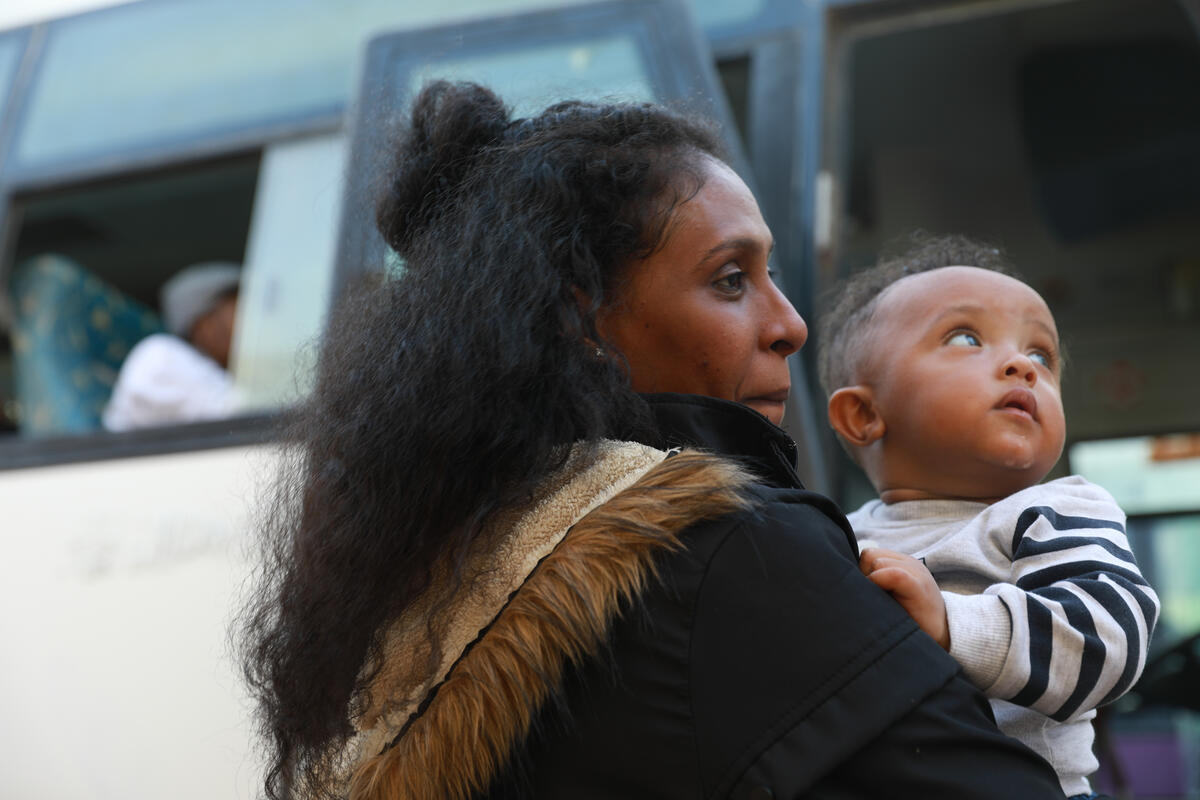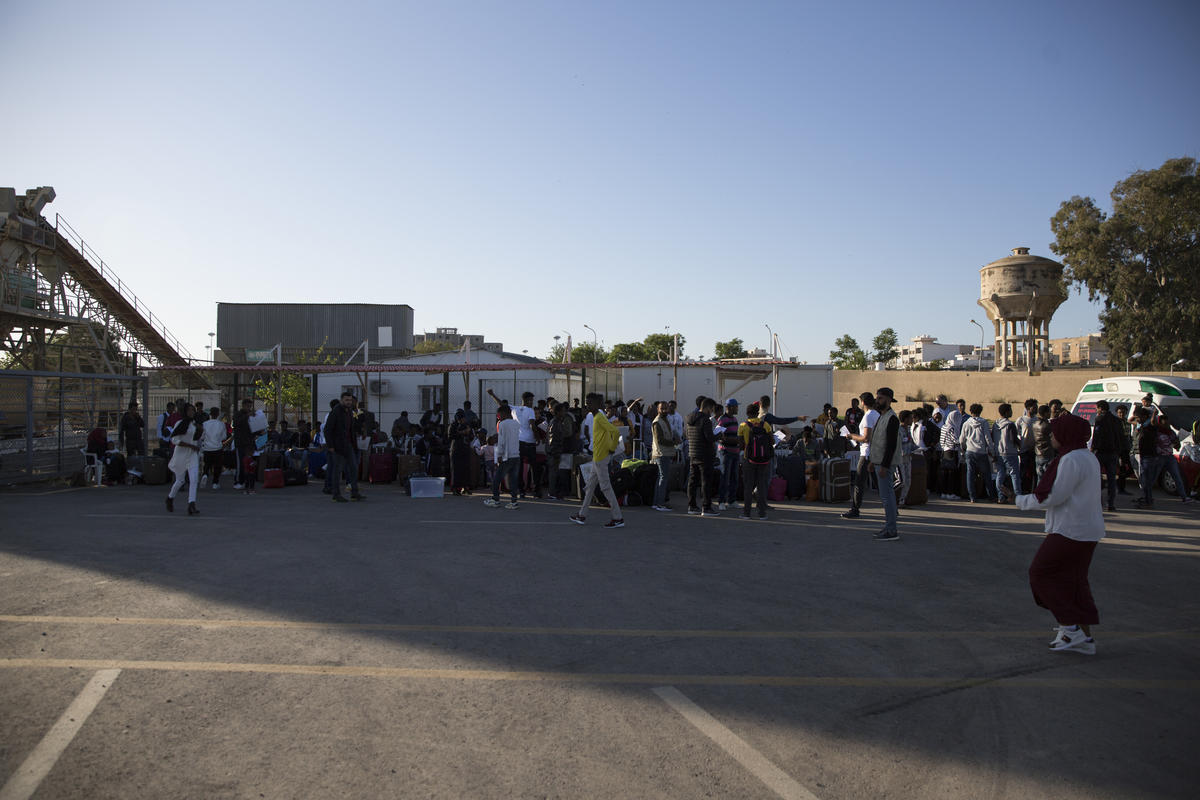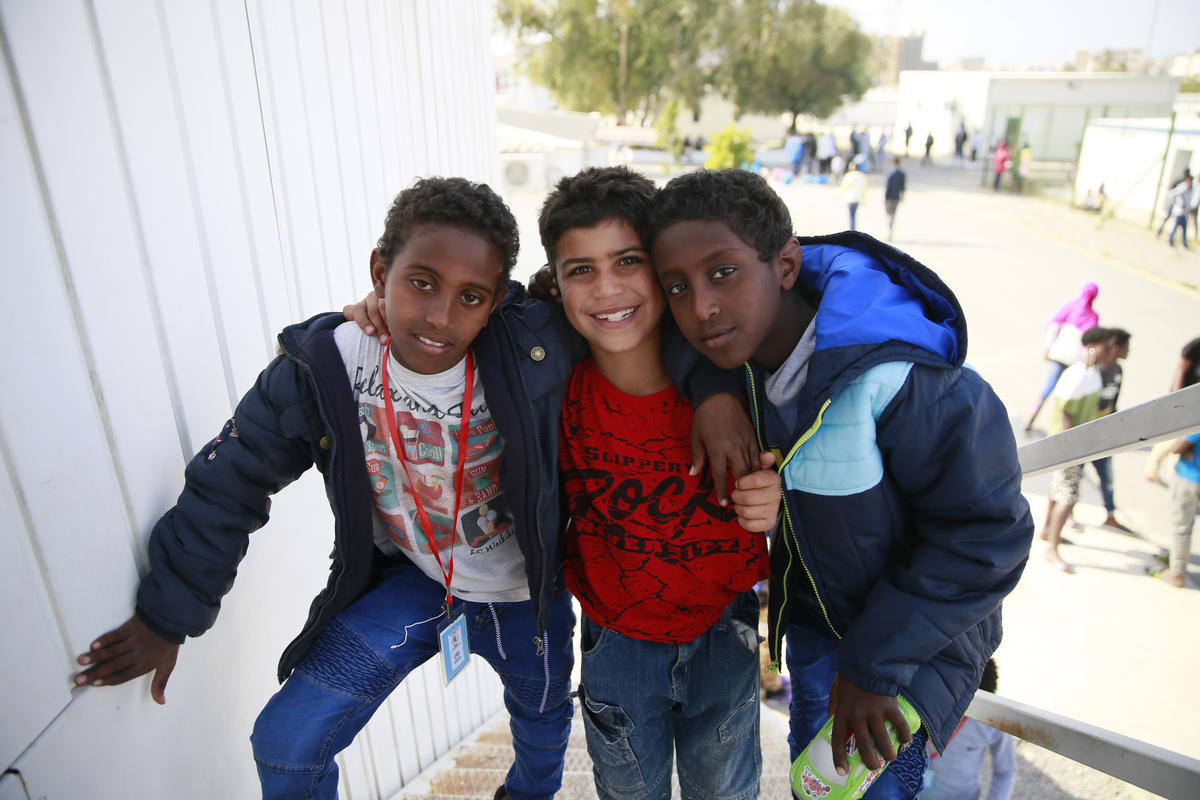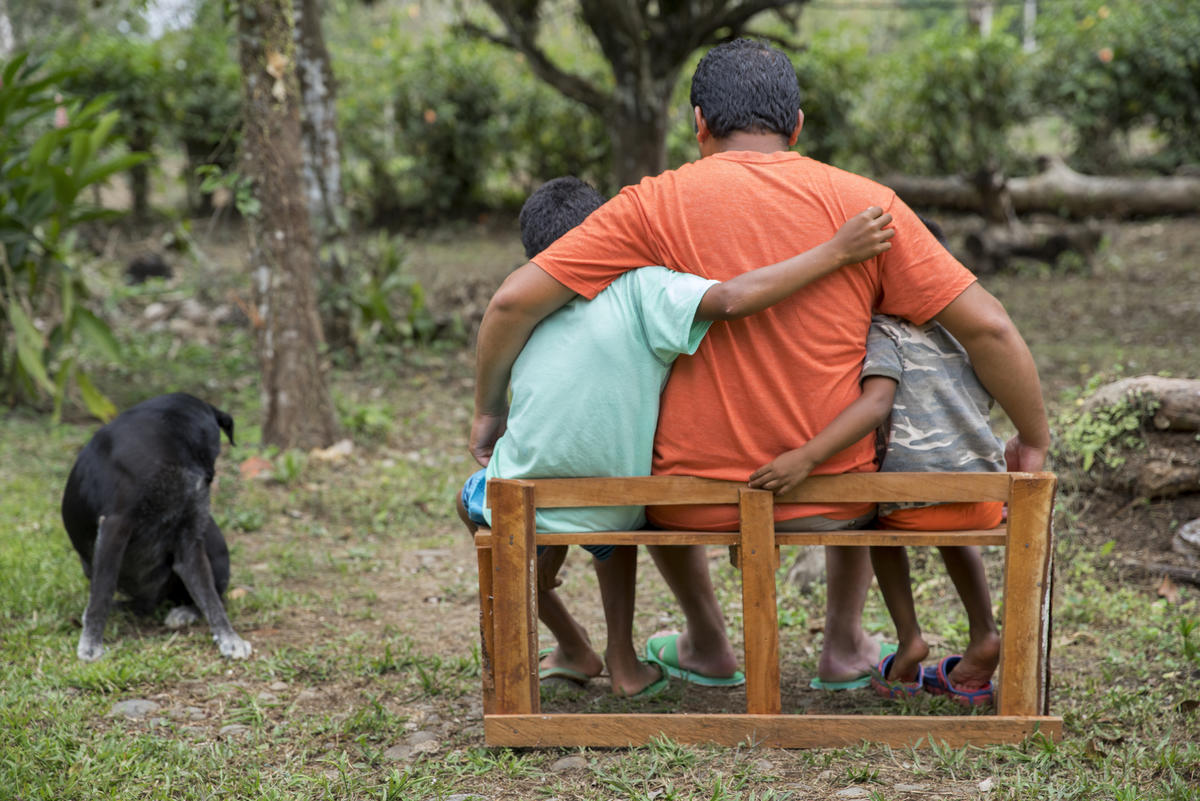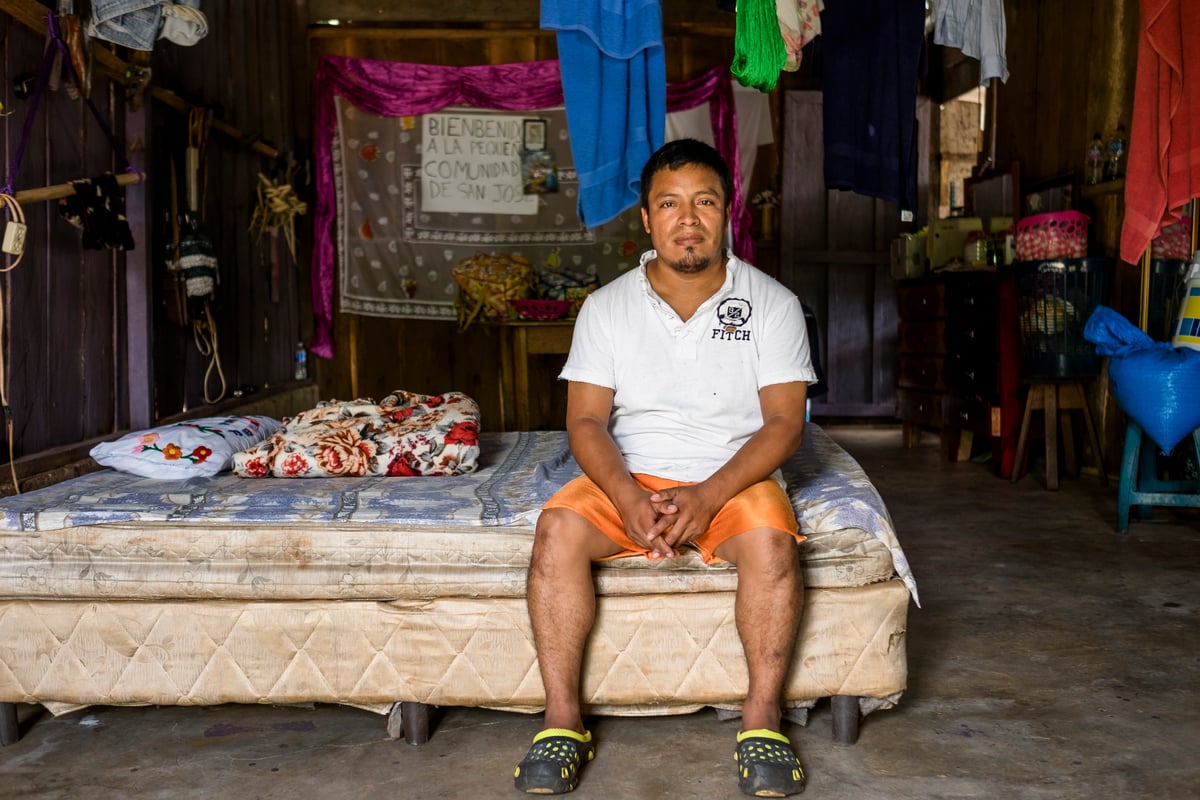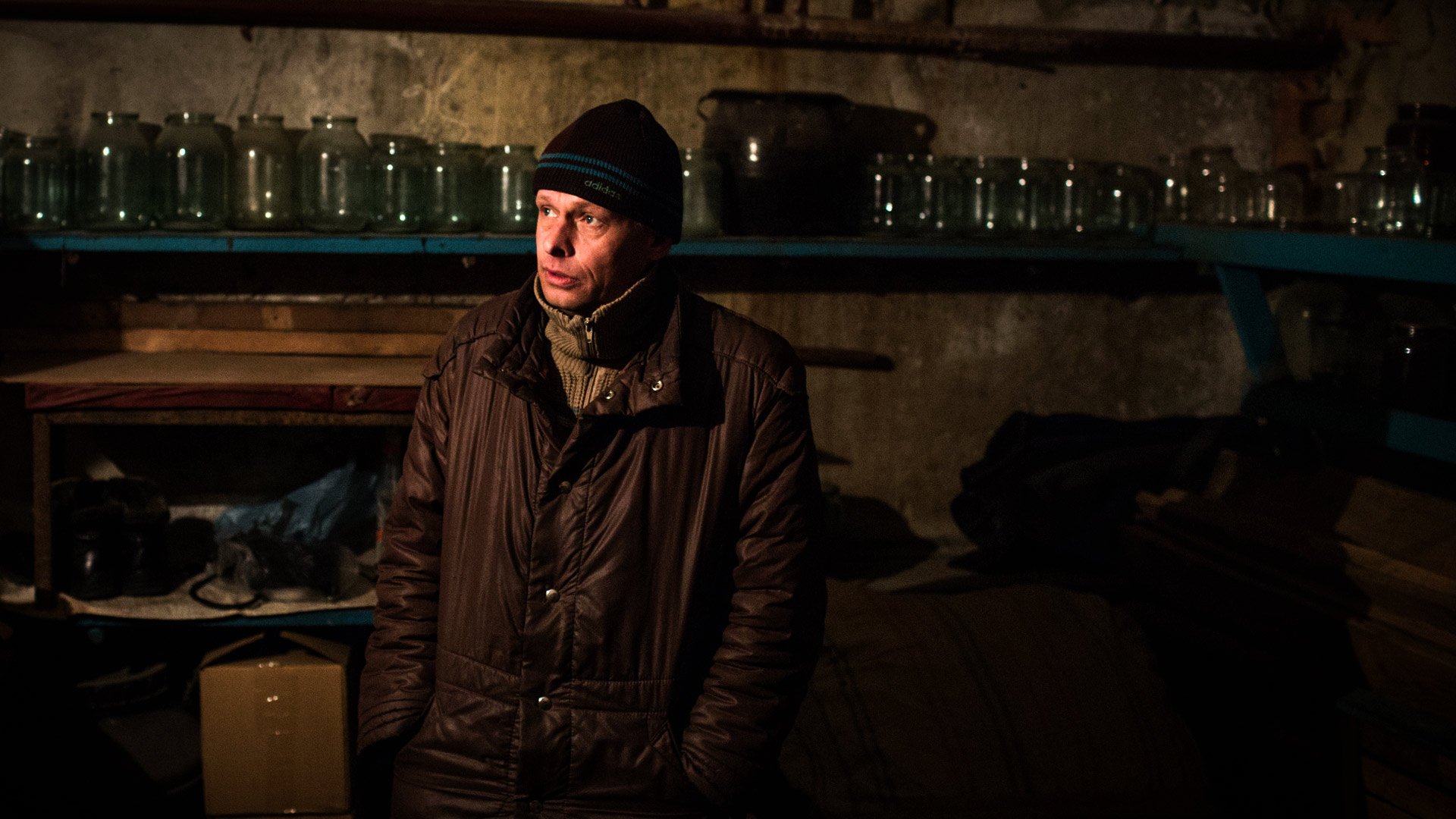UNHCR grapples with staff security as operations in Pakistan continue
UNHCR grapples with staff security as operations in Pakistan continue

GENEVA, June 15 (UNHCR) - The death of UNHCR staff member Aleksandar Vorkapic has brought into painful focus what High Commissioner António Guterres described as a "truly terrible dilemma" facing humanitarians worldwide: how to meet the urgent needs of desperate populations with the obligation to ensure those trying to help them are safe.
Vorkapic was killed in the suicide bombing attack against the Pearl Continental Hotel in Peshawar last week. Staff in Geneva and Islamabad have honoured his memory, while there was a small memorial service on Saturday at the Russian Orthodox Chruch of Geneva.
His body was repatriated to Belgrade on Monday and his funeral was held on Tuesday. Hundreds of colleagues, friends and humanitarian workers attended the service. Assistant High Commissioner for Protection Erika Feller expressed condolences to his family on behalf of all in the agency. "Aleksandar was much more than a colleague. He was a dear guest, an excellent host and a very good cook. He was known as someone who cared very much about people," she said.

"Aleksandar Vorkapic was the second UNHCR staff member to be killed in less than five months in Pakistan, where hundreds of thousands of people depend on UNHCR assistance," Guterres said last week in Geneva. "Now, once again, we are forced to ask ourselves how we can meet their urgent needs while ensuring the safety of our own humanitarian staff," he added.
UNHCR has been grappling with the operational challenges posed by security risks in Pakistan for some time. Despite the difficult security environment, the UN refugee agency has continued its work in the region, helping 1.7 million Afghan refugees and more recently some 2 million internally displaced Pakistanis.
The agency has a strong field presence with more than 200 regular staff in three offices (Islamabad, Peshawar and Quetta), with additional staff deployed recently as part of an emergency response team.
In the wake of this recent attack, however, the organization is reviewing the way it operates and assessing what adjustments need to be made to ensure the safety of its staff.
"There is no question of pulling out," spokesman William Spindler told journalists in Geneva on Friday. "We are committed to helping the millions of displaced people in the region. Our operations have continued this week, and we have been working with our partners to register new arrivals in camps and to improve conditions - installing fencing, shades over tents and privacy walls. We intend to remain responsive to humanitarian needs and flexible in how we deliver them."
For this, however, adequate resources are extremely important. UNHCR's operations in Pakistan remain under-funded. Some US$76.5 million is still needed for operations in Pakistan this year. The figure may need to be revised upwards once final figures of registered displaced people are confirmed.

There are currently 1.9 million registered displaced people verified and confirmed by Pakistan's National Database Registration Authority. Thousands of family forms from the fast-track registration process are yet to be cross-checked, and the final figure is expected to be significantly higher.
Vorkapic, a Serbian national, leaves behind a wife and three children. He had worked as an information technology specialist in UNHCR's office in Belgrade since 2000. A message from Vorkapic's colleagues in the UNHCR Belgrade office said they were "devastated at his senseless loss."
On February 2, UNHCR driver Syed Hashim was shot and killed in an attack in Quetta which also resulted in the abduction of the refugee agency's head of office in the southern Pakistan city. Head of office John Solecki was released after two months.

